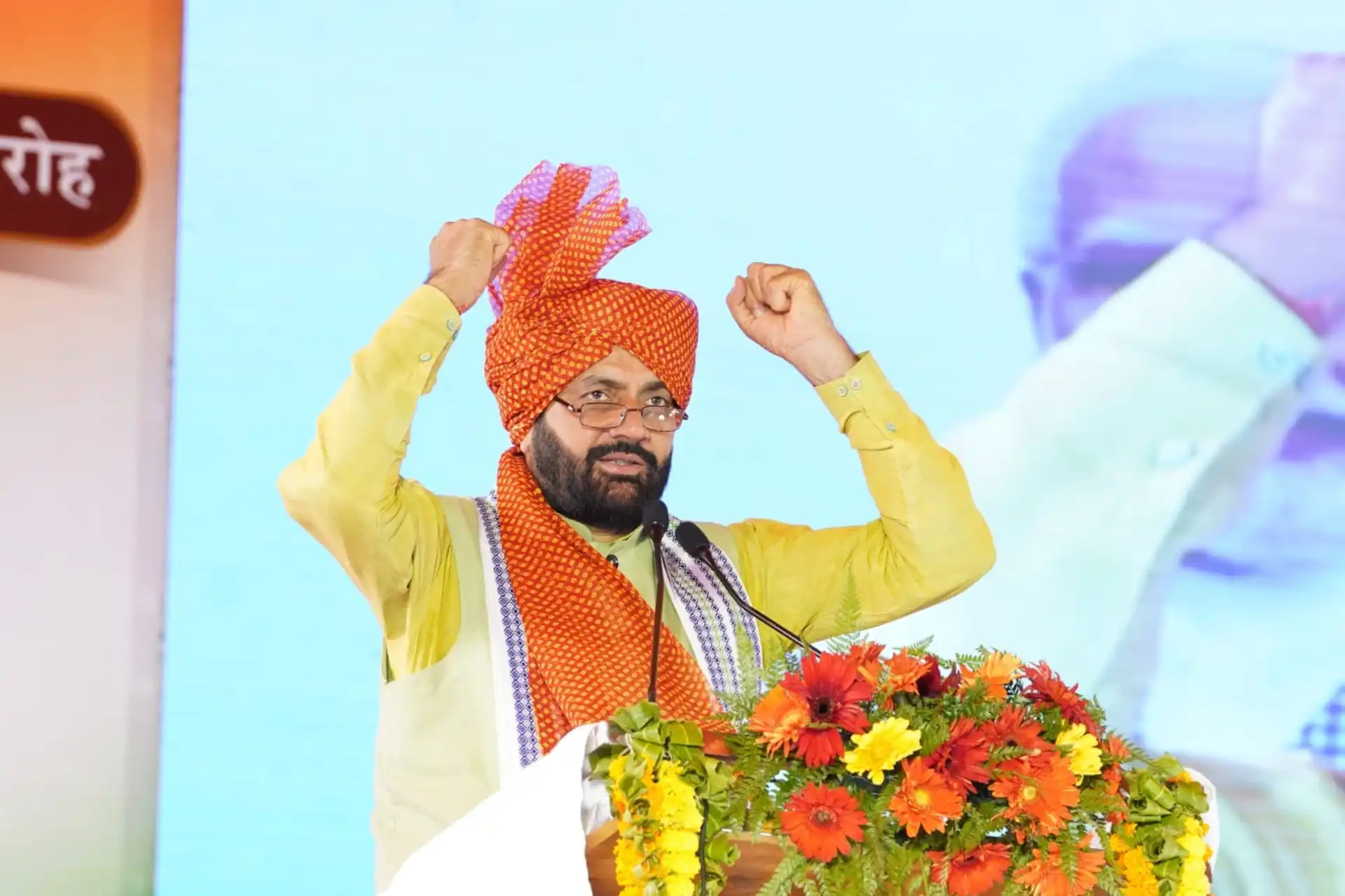
Economics as a subject has lasted as long as human history. The subject has produced many luminaries like Adam Smith who have influenced various thoughts on the subject, however, one of the most important classical economists who influenced the subject was David Ricardo.
David Ricardo was of Portuguese ancestry but spent most of his formative years in England itself. He worked as a jobber in government securities initially. He went on to even bid for the London Stock Exchange etc. between 1811 & 1815. He was a close acquaintance of luminaries like Baron Holland to name a few & even the first choice of David Ricardo was subjects related to sciences & not political economy. During this era, he even established contacts with JS Mill & Jeremy Bantham, who piqued his interest in economics. He stumbled upon the legendary book Wealth of Nation authored by Adam Smith, whose thoughts inspired economists like Thoma Malthus, Jeremy Bantham to name a few. David Ricardo was also inspired by the same. David Ricardo ideas are still respected because of their applicability.
Building upon the classical school of thought, David Ricardo proposed theories that are still relevant even today. He made significant contributions in the fields like economic methodology, theories of value, international trade, public finance & rent. He was a key proponent of the Law of Diminishing Returns that states that marginal production. has 3 stages, namely: Increasing with a higher growth rate, increasing at a constant growth rate and finally diminishing growth.
In this concept, only 1 factor of production(mostly labour) is taken to be variable & rest all other factors(land, capital & entrepreneur) are taken to be constant. This was based on the Corn Laws( initiated by the then British empire which imposed tariffs on imports of corn from neighbouring nations), which had led to polarised debates in the empire back then.The law of diminishing returns though given by Ricardo during the era where agriculture was the key component of economic structure, remains fully relevant even today, an impact of which we see as the fundamental behaviour of business investing today.
The second major theory that is fully relevant even today is the law of comparative advantage. The law of comparative advantage states that a nation should specialise only in the product where it enjoys a natural advantage in production over a nation, with whom it is carrying out trade transactions. This theory was primarily given in advocacy for free trade regimes as the corn law was viewed as a mercantilist(economic nationalist) idea which was not welcomed by the merchant & the business classes, back then.
The theory is still majorly relevant today, when we see underdeveloped countries exporting more of labour intensive goods & developed countries exporting more of service based products in the world. The law of comparative advantage is the prime reason why various world trade organisations advocate for free trade regimes, as it would improve productivity within the economy of a nation. This was perhaps the first true trade theory in the world.
Ricardo also gave the famed Ricardian Rent theory, which talks of rent being as the concept of surplus production & profit that a farmer/landowner makes after a production season. Rent is seen as supernormal profit in this theory. The theory basically states that rent decreases over a period of time as the soil fertility decreases(as different land plots have different levels of fertility), which eventually impacts production.The above theory is still relevant today when we see different technologies being adopted into agriculture to reduce the overall cost of production.
There are many other theories, propounded by Ricardo like Quantity of Money which are still utilised even today in various policymaking processes. The theories that Ricardo proposed & their relevance with modern day economics is what makes his legacy significant for economists & academics.
About the Author: Srikar Srivatsa Dahagam is an incoming MA International Economics student at the Graduate Institute, Geneva. Interested in public finance, geopolitics & geoeconomics.














